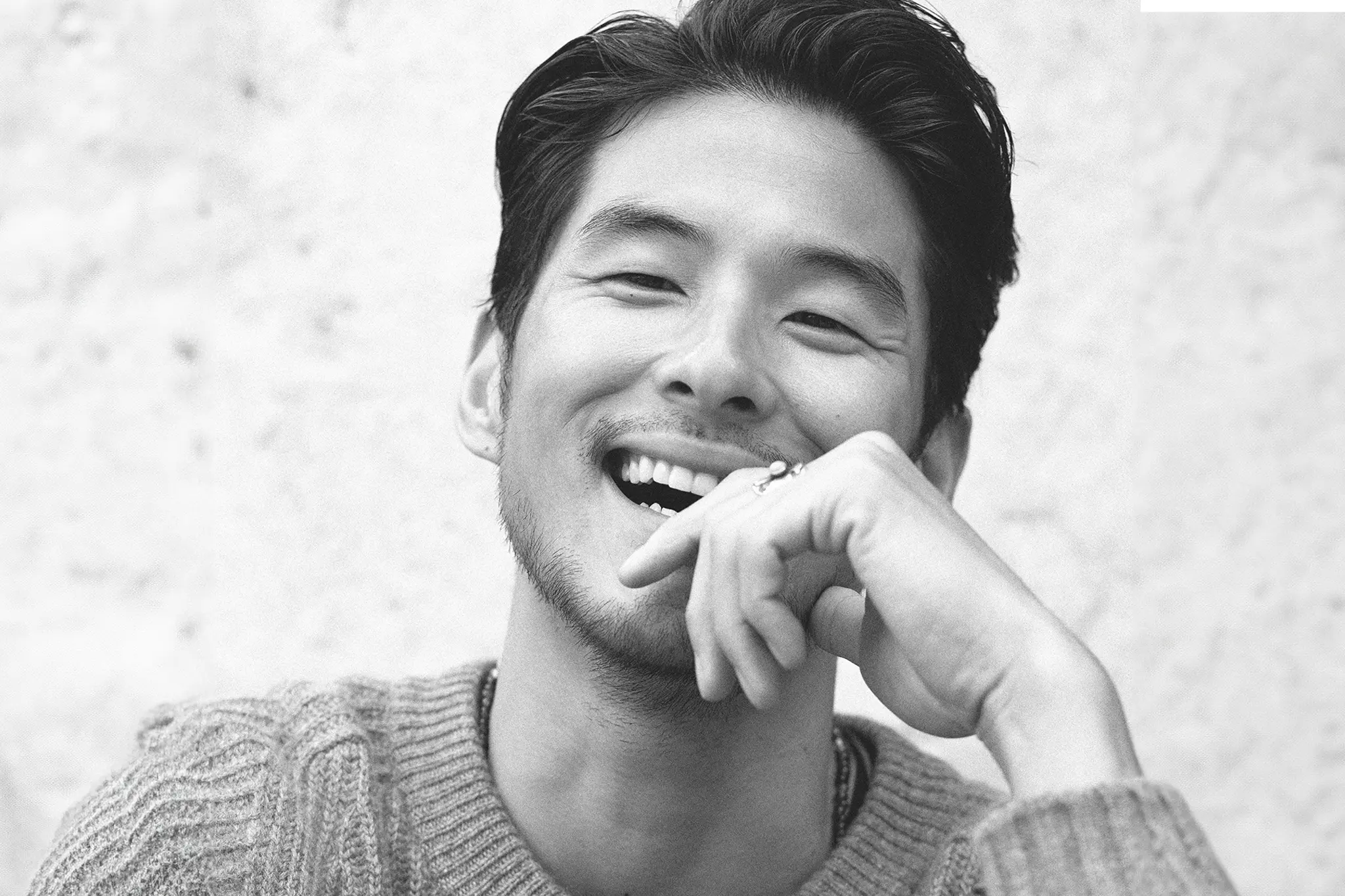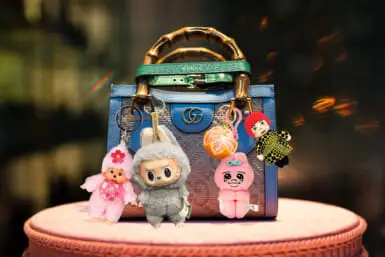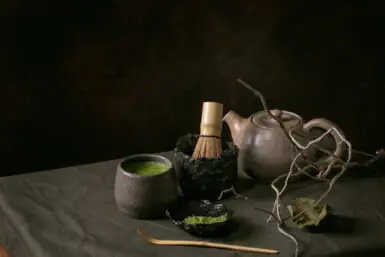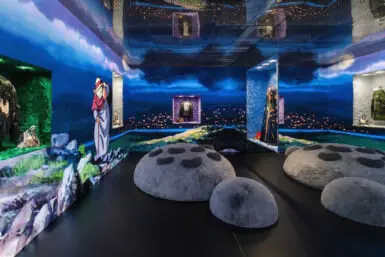This article appeared in Tokyo Weekender Vol. 2.
To read the entire issue, click here.
Leaving a gloomy London morning behind him, Takayuki Suzuki smiles and waves from the entrance of the hotel in Leicester Square where we’re set to meet. We are soon sat down, tea ordered, to discuss his work as an actor and his most recent role in HBO’s neon-soaked thriller, Tokyo Vice.
Suzuki plays second-season newcomer Masahito Ohno, a charming and wealthy architect who, through the host club he frequents, is pulled into Tokyo’s dangerous underworld. In real life, Suzuki is much more friendly and forthcoming than the suave, enigmatic Masahito, chatting easily as he opens up about his career and the gamble he took to further his dreams: a winding road that’s taken him from athletics to the Mr. Japan title to international recognition as an actor.

The Path Is Never Straightforward
Initially, acting was not on Suzuki’s radar; he dedicated almost all his free time from junior high to university playing volleyball. When it became clear to him that the highly competitive sport was no longer an option, he had some big questions to ask himself. “I had to think about what I was going to do with my future,” he says. “I honestly didn’t know what to do.”
At a time when his future felt uncertain, he came across a life-changing film: Deja Vu starring Denzel Washington. “While I was watching that film, I was completely absorbed,” Suzuki tells us. “I felt like I was in the film. Like I was traveling with Denzel Washington’s character.” He watched every single Denzel Washington movie he could get his hands on, and from there, a dream emerged: He was going to work with the two-time Oscar-winning actor.
Suzuki knew he had certain steps to take to achieve this lofty goal, the first of which was to improve his English. He took a year off from studying law at Ritsumeikan University in Kyoto to do a working holiday in Vancouver, Canada, where he had the bonus of gaining experience on set as a background extra for films and television. When the year came to an end, he headed back to Japan to graduate and search for his next opportunity.
“Even though I wanted to be an actor, I didn’t really know how to get into the industry, especially in Japan,” Suzuki recalls, adding, “We don’t really have acting schools in Japan, so you have to sign with an agency and then go to the agency-run school.” As he was pondering his next move, a competition with the potential to launch his career was announced: Mr. Japan. It wasn’t just the title Suzuki was interested in — the winner could go on to lead in a film, a perfect opportunity for an acting newcomer, and Suzuki felt optimistic. “I thought, ‘Maybe I can do this. Maybe I could be Mr. Japan!’” His optimism paid off, and in 2013, he was crowned the first-ever winner of the title.

‘A Flower Blooming Without Roots’
It was not, however, as straightforward as simply winning a national pageant and starring in a film. “It was quite fake,” he laughs. “Of course, nobody wanted to make me a lead actor; I didn’t have any experience.” Though he didn’t get a starring role as advertised, winning Mr. Japan did allow Suzuki a foot in the door, landing him a small role in a low-budget film, Sekiseki Renren. From there, Suzuki found work in numerous Japanese projects, including the High & Low franchise, Please Love The Useless Me and the mini-series We Did It.
Despite doing well, Suzuki felt that his foundation as an actor was lacking. “There was always this small voice saying, ‘I’ve never studied’ and ‘I haven’t been to an acting school.’” To quiet that voice, Suzuki took a risk and headed to London in 2019.
Upon arrival, Suzuki recalls feeling as if his career was like “a flower blooming without roots,” unstable and precarious. He set out to rectify this, finding an accent coach who went above and beyond. “She not only taught me accents, but how to prepare for films, how to act on set and, what I appreciated the most, how to relax myself through the Alexander technique,” a movement practice designed to promote well-being through mindfulness of the way one positions and moves one’s body during everyday activities. Between their weekly lessons and his own self-improvement, Suzuki got to the point where he now feels that “it’s not about going to a certain school. It’s about your attitude.”
Finding His Way to Tokyo Vice
Over three years, Suzuki was able to find plenty of modeling and commercial work, but acting jobs still eluded him. He had experience from his time in Japan and newfound confidence from being in London, but he lacked an opportunity to put these skills to use — until Tokyo Vice came around. During auditions, he was anxious about being based in the UK, as the series films in Tokyo: “I worried they would find a Japanese actor in Japan who could speak English,” he says. “In that case, they wouldn’t need to pay for my accommodation or travel.” But the casting director saw something special in him and advocated for him to be flown back to his home country.
To be involved in a project on the scale of Tokyo Vice was an amazing experience for Suzuki. He also appreciates the show’s accuracy and care in portraying Japanese society. “I have watched so many American productions that try to show Japanese culture, and every single time I feel, ‘Oh my goodness, this is not Japan.’ But when I saw the first season of Tokyo Vice, I thought it was great!” He praises his costars, Ansel Elgort and Rachel Keller, on their hard work picking up the language, as well as the overall aesthetic of the series. “The way they shot that first season was beautiful, truly beautiful.”
Tokyo Vice is not the only Japanese-based series to hit overseas screens in recent years, though, as Hollywood has been turning its attention eastward.

Shining Brightly on a Global Stage
It’s not just Japan, of course: There’s been a recent boom in Asian representation in Western media, from Netflix originals like Beef and Squid Games to Apple TV+’s Pachinko and FX’s newest hit, Shogun. Among the many positive changes this has brought around, one has been the evolution of Asian men’s representation on screen. No longer limited to stereotypes like “nerdy, reserved friend” or “kung fu master,” roles have become more diverse, realistic and nuanced.
Suzuki believes that Tokyo Vice star and executive producer Ken Watanabe has played a big role in this shift. “Without him, we wouldn’t have a job,” he affirms. “Not just the actors but all the crew that worked on Tokyo Vice.” He believes that actors like Watanabe have paved the way: “If Asian men and women can become lead actors, it ends up creating more opportunities for Asian people working across the film industry.”
His initial goal of working across from Denzel Washington has not yet come true, but through working in the industry, both in Japan and abroad, Suzuki has a new goal. “What I want to do in the future – if I were to get lead acting roles – is to create more opportunities for Japanese, or other Asian, actors. That’s what I want to be able to do.”
To keep up with Takayuki Suzuki’s latest projects, visit his website or follow him on Instagram.









